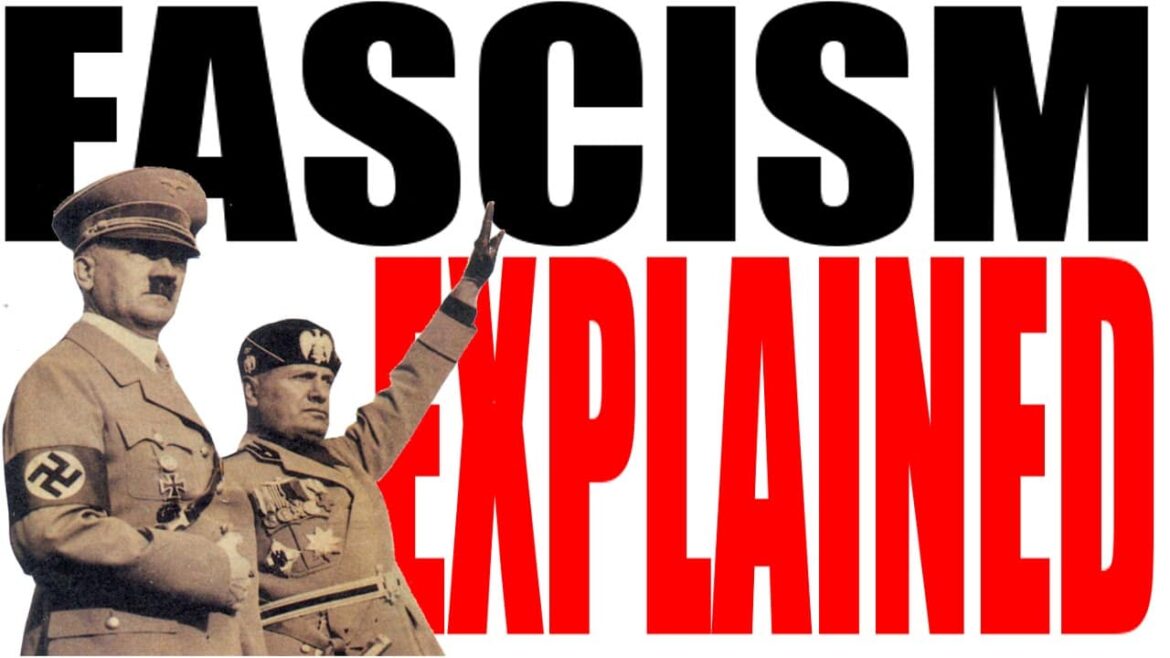1.6K
What is a fascist? A fascist is – to put it tautologically – a supporter of fascism. There are different approaches to what constitutes fascism and how it can be defined.
What a fascist and fascism are
The fascist is a follower of fascism and practices it. Since not much is gained by this tautology, it is important to know what fascism is, what ideological principles characterise it and where it has its origins.
- Fascism originated in Italy. It was a political movement led by Mussolini from 1922 to 1945, which was characterised by the leader principle, a pronounced nationalism, anti-democratism as well as paramilitary organisational structures, among other things. After Mussolini’s fall, similar tendencies in Italy were called neo-fascism.
- The word fascism derives from the Italian “fascio”, meaning “confederation”. Etymologically, the term goes back to the so-called lictor bundle (fasces) as a symbol of power in the Roman Empire. Thus, the derivation of the term is difficult or misleading, as the word does not denote what it stands for. The term was coined by Mussolini’s followers as a self-designation.
- There is no general definition of fascists or fascism. It is difficult to narrow down this political direction because the movements that are called fascist today do not call themselves that. Fascism is therefore a designation that has been established mainly after the fact or by opponents.
- Besides Mussolinis’ fascism, since the 1920s ultranational systems of rule that wanted to abolish democratic structures since the First World War have been called fascism. So, for example, also German National Socialism. However, the attribution to fascism is not undisputed. Some historians see it as a trivialisation of the Nazi era, as the term does not adequately reflect the horrors of that time.

